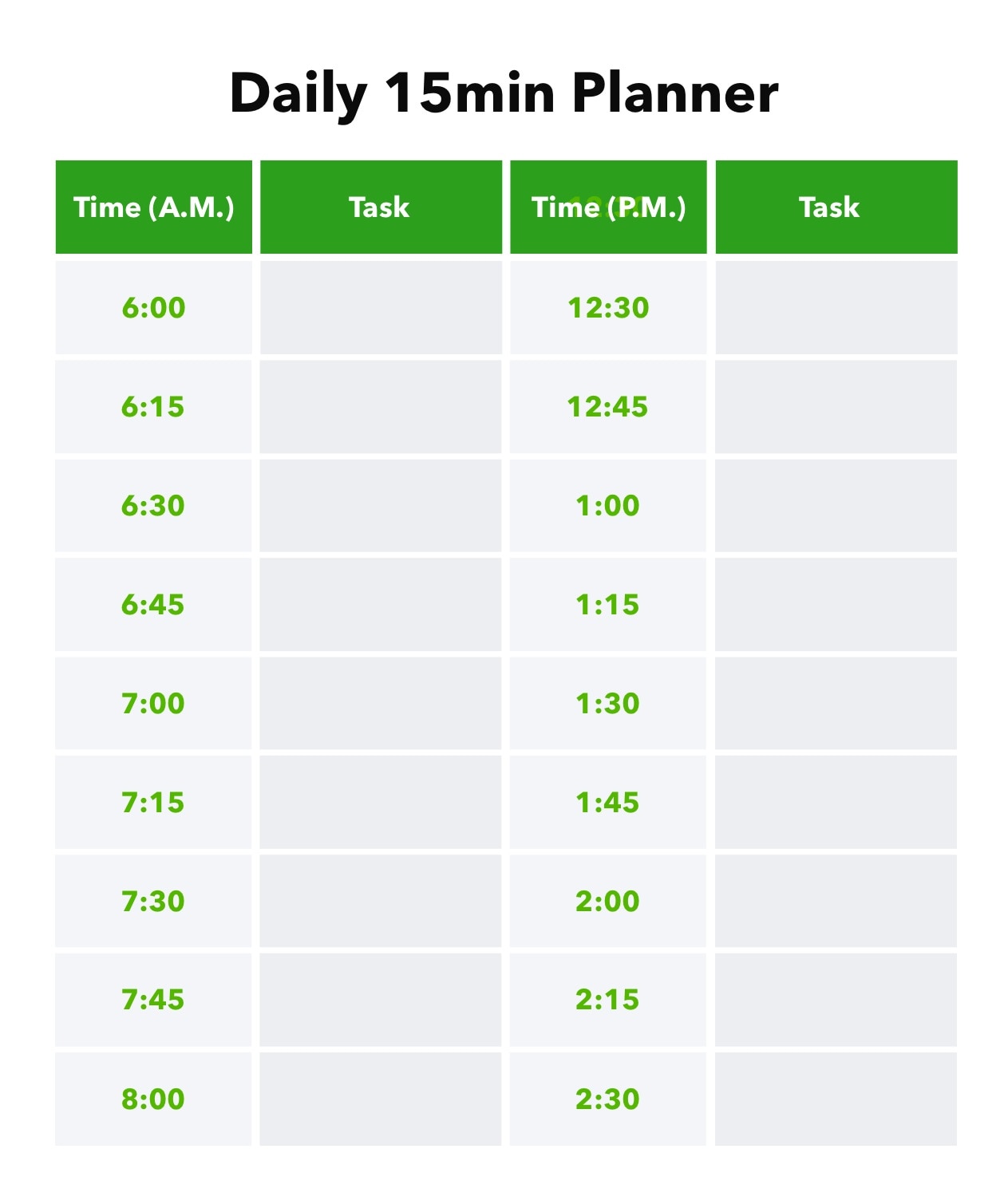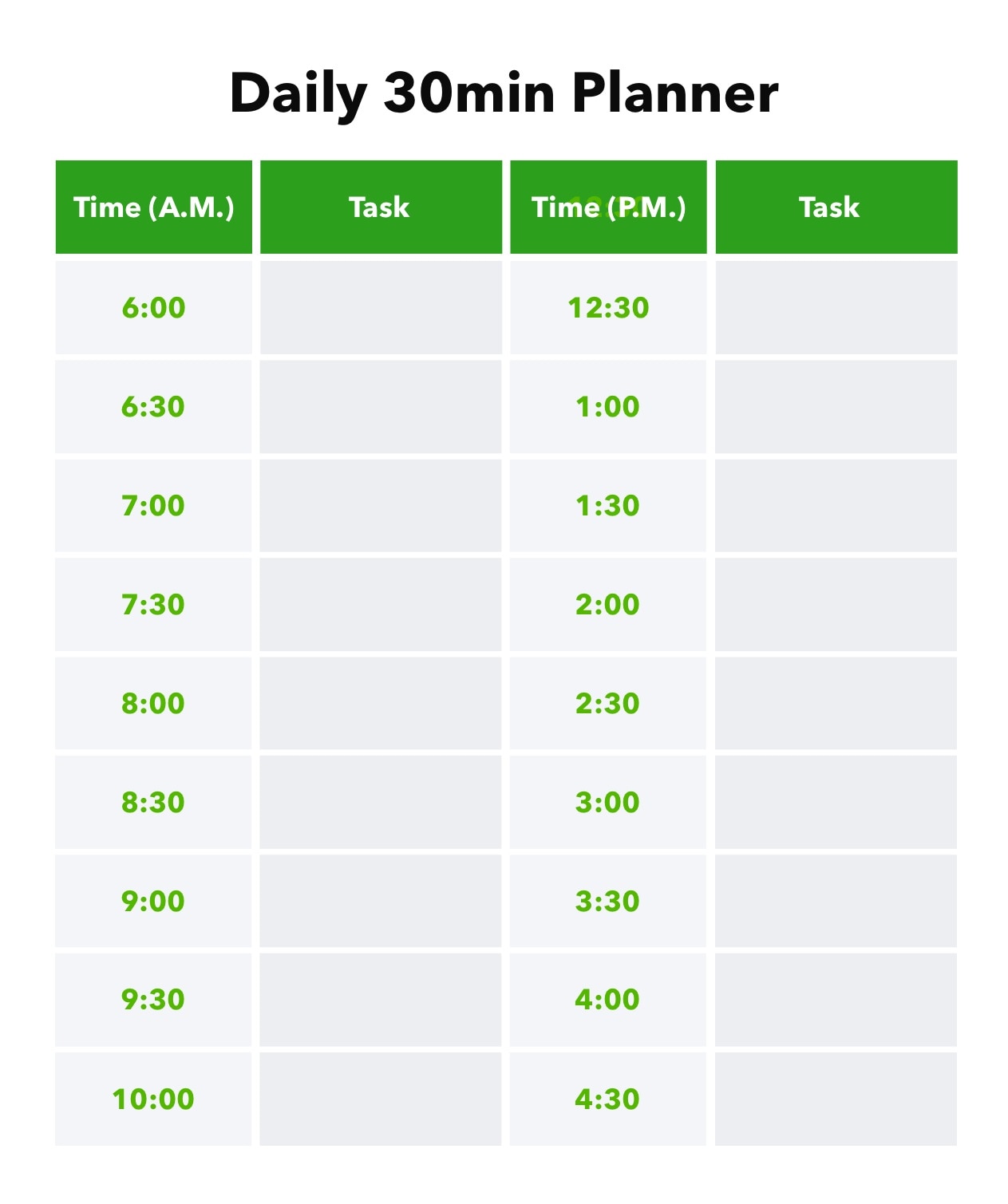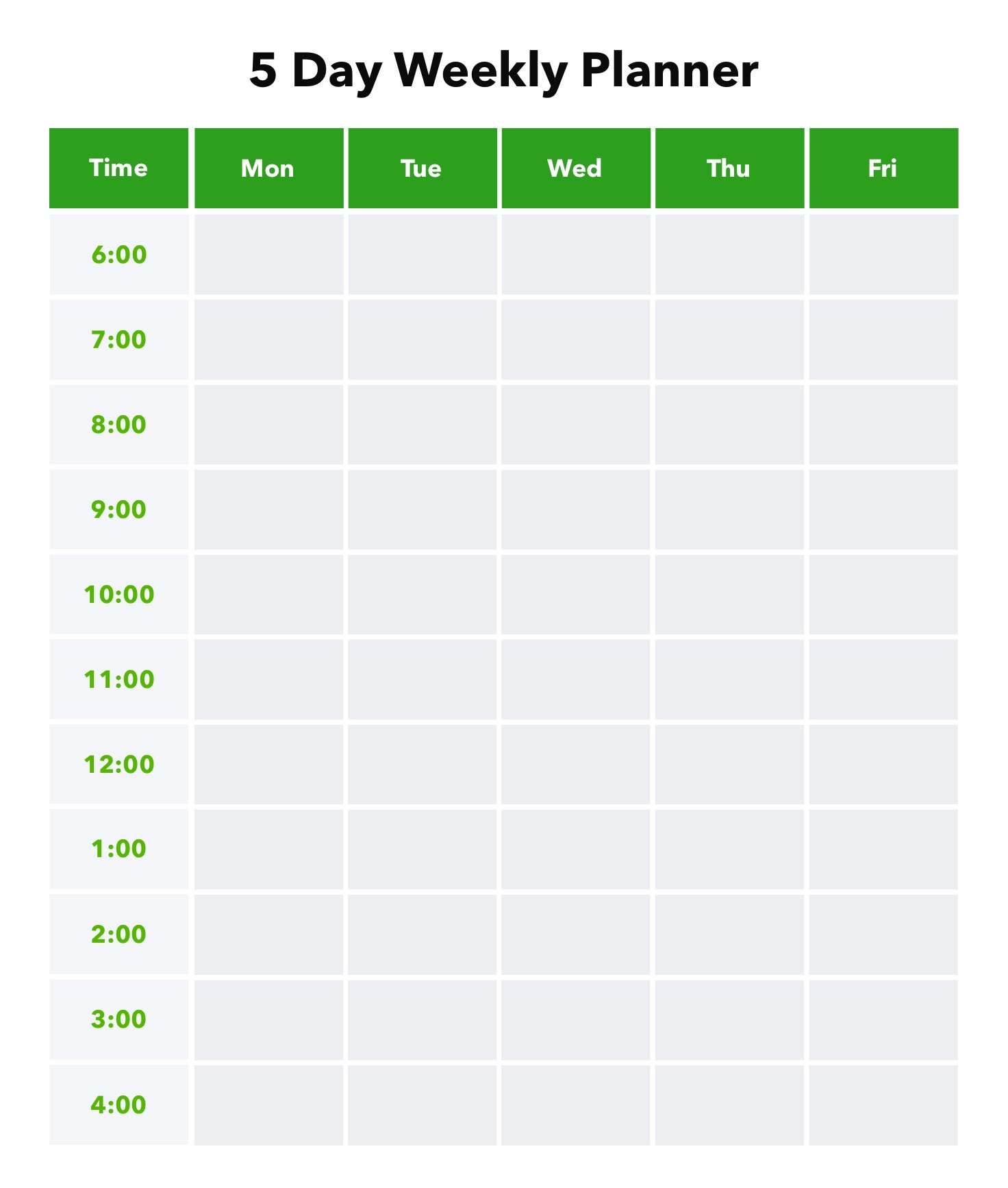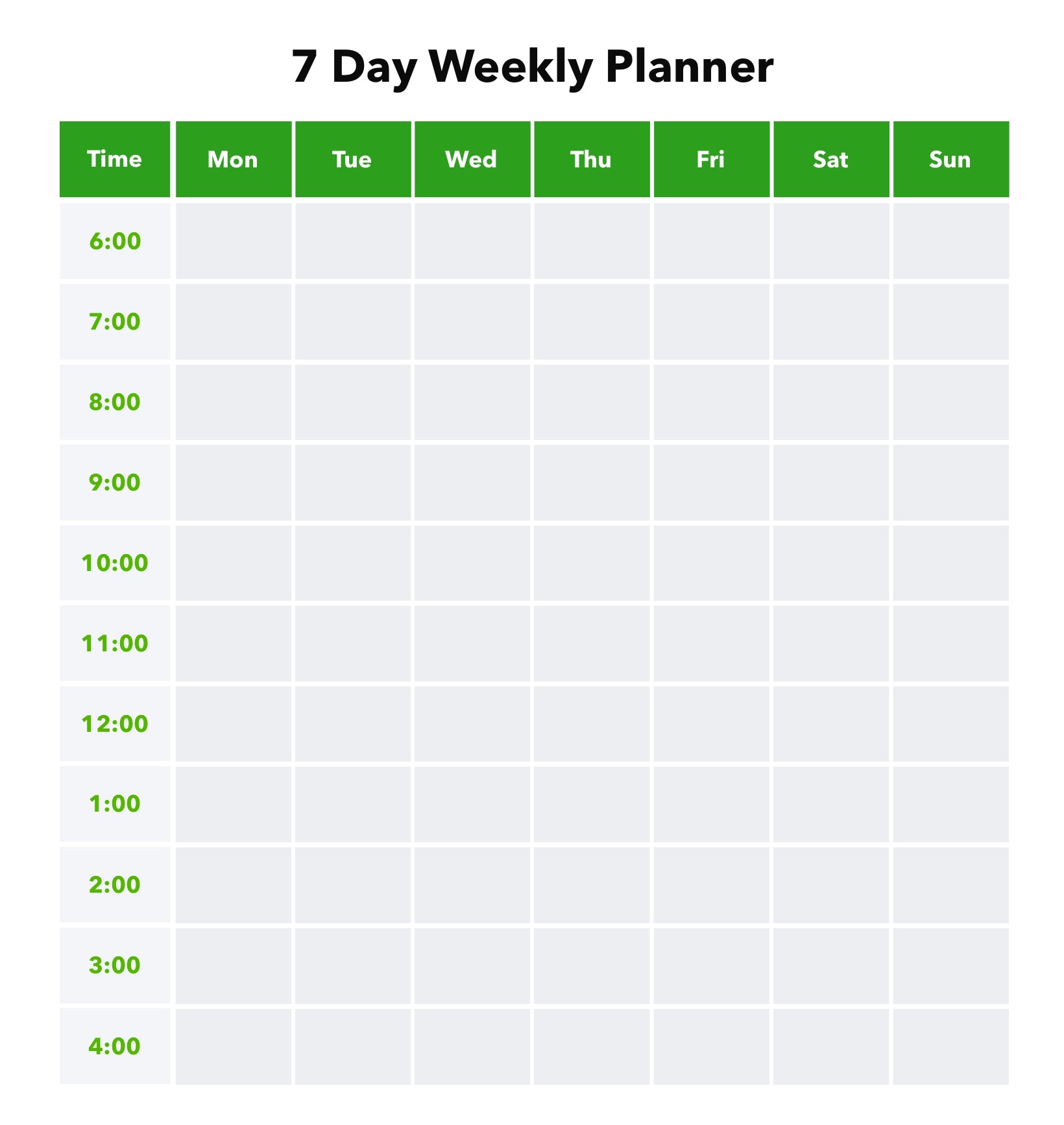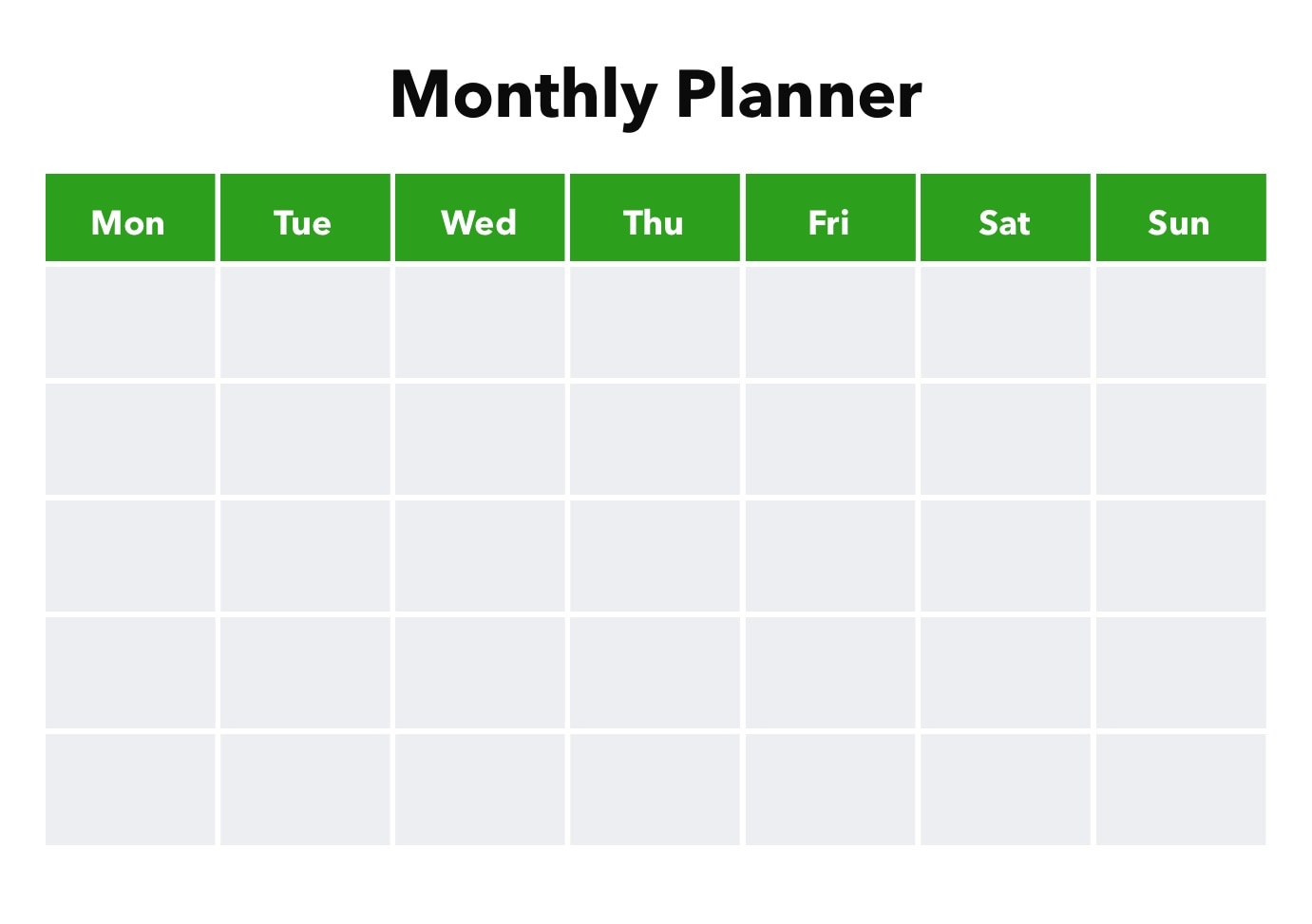Have you ever had a day when you feel like you’re working nonstop but checking nothing off your to-do list? The hours fly by, and before you realize it, it’s the end of the workday and you’ve barely accomplished half of what you wanted to. We’ve all been there.
Don’t resign yourself to this overwhelmed feeling—try time blocking. Time blocking is a simple way to plan your day to ensure you check off all the tasks on your to-do list. In this article, we’ll show how you can use time blocking to improve the efficiency and success of your business. You can read from start to finish or jump to a section you’re interested in by clicking on the links below:

